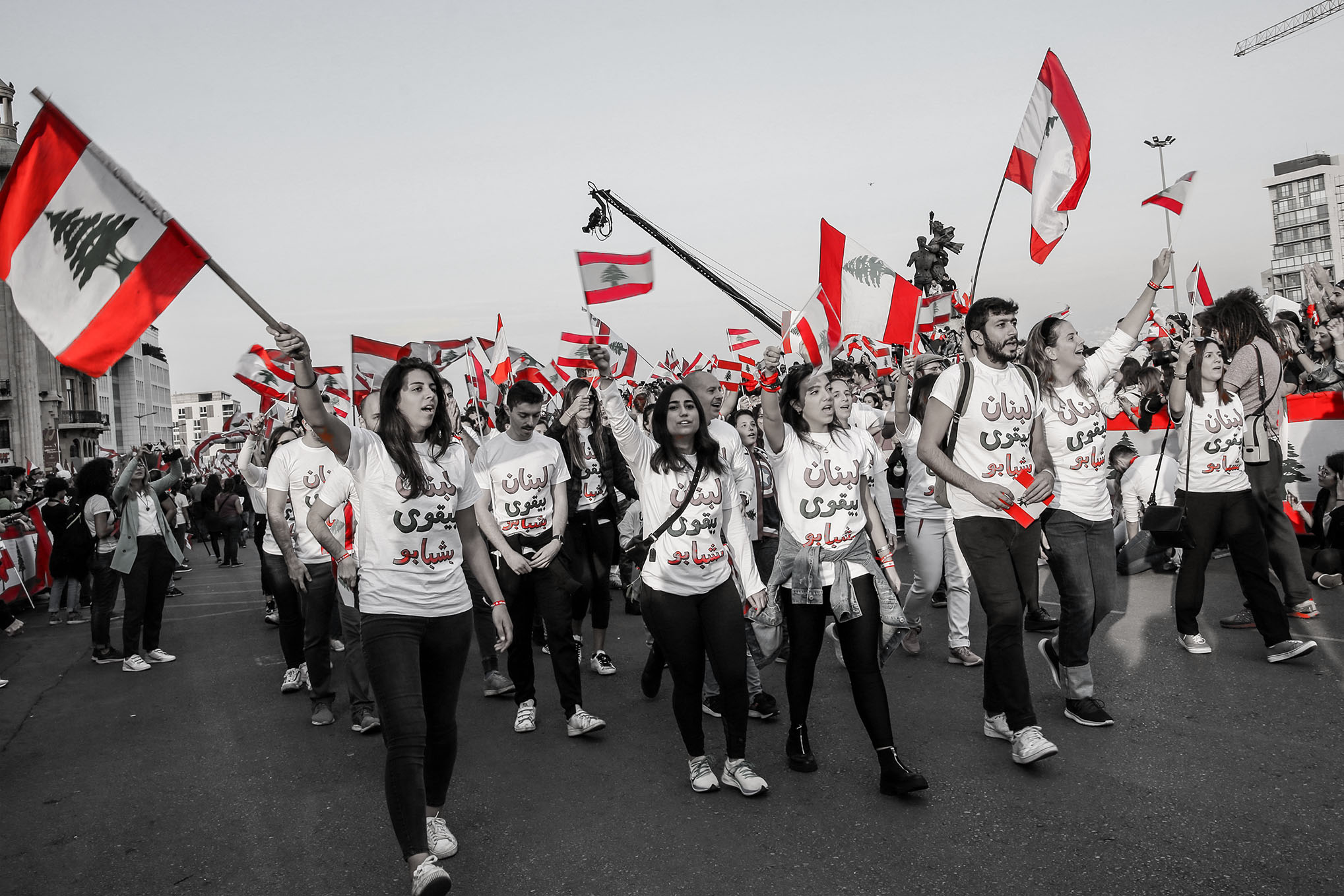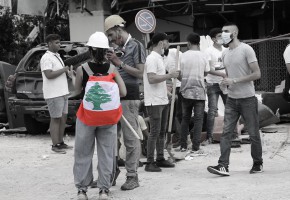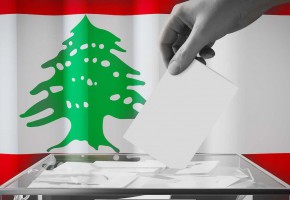
What recovery plan does Lebanon need? - Ziad Abdel Samad
The government's recovery plan published earlier this year addressed several critical issues. It provided an opportunity to promote much-needed dialogue on how to stop the collapse and overcome the crisis. However, the responses mainly focused on the most prominent gaps, especially those related to financing, which is a thorny issue, especially regarding its details.
The plan stems from the need to cover the enormous losses incurred by the treasury, the Banque du Liban, and private commercial banks. It endorses exempting the state from its responsibilities by writing off its debts, or part thereof, shifting the main burden of those losses towards citizens, depositors especially, and banks. The plan also proposes austerity in public spending by ending or reducing its support for essential sectors such as energy, transportation, health, education, basic food commodities, and the public sector's wages and salaries.
This article tackles two critical issues. First, who will finance the recovery plan? Second, who will draft the recovery plan? It then calls for adopting a comprehensive development approach as an entry point to stop the collapse and address the crisis.
Before we begin, it is worth mentioning an article published by ANND last may concerning "The Framework Agreement between the Lebanese Government and the IMF." The report addressed the political dimension of the crisis, absent from any proposed plan. Although the crisis appears to be economic, financial, and social, the underlying causes are political. They are mainly related to the absence of democratic governance, the disruption of accountability mechanisms, and the persistence of impunity. According to the recovery plan's own estimates, the losses amounting to $80 billion resulted from the abuse of trust and the disregard of legal and transparency standards due to quotas and clientelistic relations. The World Bank's report on the crisis in Lebanon, issued in the fall of 2021, called it a "deliberate depression" whose responsibility falls on the political class that has been in power for decades.
Loss Distribution
In dealing with the losses, the plan poses two pivotal questions. The first entails the distribution of losses, meaning who will carry the burden. However, these losses mainly resulted from the misuse of power and influence and the persistent looting of public money. Thus, it makes no sense that they become the responsibility of banks and depositors. The Lebanese are already suffering from their social and economic consequences, and those who are directly responsible have not been held accountable. The situation calls for respecting the rule of law and the constitution and approving and implementing reforms. Legal reforms should entail enhancing the independence of the judiciary, implementing anti-corruption laws related to illegal enrichment and banking secrecy, and auditing the accounts of the Banque du Liban, commercial banks, and public administrations to determine losses and responsibilities and retrieve the money smuggled abroad. In addition, it entails launching a legislative, administrative, and financial reform process to address the havoc caused by the clientelistic hiring of political powers and distributing public benefits to cronies.
The second question related to who will be entrusted with preparing the plan. A plan of this size, entailing huge burdens on various social groups, particularly the vulnerable, cannot be approved without involving stakeholders in determining the direction of the distribution of losses and setting an outlook to end the collapse and overcome the crisis. There is a need to agree on a national plan as a basis for negotiations with international donors, including the IMF, rather than one drawn up by a ministerial team representing the "cartels," economic and financial influencers, factional political interests, and some experts, at the expense of people's interests and rights.
All-Inclusive Outlook
On the other hand, the recovery plan lacks a comprehensive developmental approach to help determine the aspects of social spending. Current public spending on social sectors as a percentage of GDP is meager compared to international rates. Moreover, most of it goes to contracting service providers in the private sector rather than enhancing the quality of services in public sector institutions, especially in health, education, public transport, and communications.
The public finance deficit, the collapse of the exchange rate, and the reliance on imported basic commodities such as medicines, foods, and raw materials will likely increase the burden on citizens and reduce the state's ability to cover public services. It could lead to additional hardships and reinforce inequality, poverty, and marginalization. Figures published by international organizations put the multidimensional poverty rate in Lebanon at 82%. Unemployment rates are approaching 40%, especially among young people. Moreover, the informality rate exceeds 60% (outside the agricultural sector).
Faced with a social collapse of such magnitude, the Lebanese government is borrowing money to implement social safety net programs that target the poorest families. However, universal coverage has become more than necessary. In this regard, a national plan was prepared by UNICEF and the ILO in consultation and coordination with experts from the Lebanese civil society. The plan envisages a "social protection system" covering citizens throughout their lives, from birth to old age, and in various circumstances. It also proposes the creation of an unemployment fund. The plan is based on a comprehensive human rights and development approach that does not consider social spending as a burden but as an investment in human capital and a guarantee for social cohesion.
Reducing the cost of living could compensate for the urgent need to increase wages, increasing inflation and burdening the public treasury and private investment. It could be through reducing the costs of basic public services such as electricity, clean water, public transportation, and communications, in addition to health, education, and access to basic foodstuffs and medicines. This investment in infrastructure, resulting in reducing the cost of living, would also contribute to relaunching a competitive, sustainable, and productive national economy in the medium and long term.
Lebanon is in dire need of a new social contract that restores the concept of "citizenship," balancing rights and duties and abolishing clientelistic relations and cronyism. Political authorities and their partisan, sectarian, and militia components depend on cronyism to enhance their influence and ensure their continuity in power. The result was the spread of corruption, the disruption of accountability, and a culture of impunity, leading the country into the current collapse.
However, the new social contract must respect human rights, strengthen democratic governance mechanisms, build a productive, competitive, and sustainable national economy, and achieve social justice through equal opportunities for citizens and a fair distribution of income.
Finally, a comprehensive, participatory, and inclusive development approach is required to halt the collapse in Lebanon. It must be based on addressing the political dimension of the crisis, enhancing transparency, protecting public and private freedoms, protecting economic, social, and cultural rights, and preserving the environment, natural resources, and the rights of future generations.
Ziad Abdel Samad
Recent publications

Thematic Report: Exploiting Resources, Ignoring Rights: A Political Ecology of Water and Energy in the Arab World
Related publications


